University of Minnesota Interim President Jeff Ettinger sat down with the Minnesota Daily on Monday to talk about the biggest topics of the already busy spring semester.
Ettinger spoke with the Daily about the shooting threat received by the University on Jan. 11, an ongoing investigation into the University for complaints of antisemitism and the budget requests the University expects to make at the 2024 state legislative session.
Minnesota Daily: The task force on academic health at the UMN is submitting its final recommendations to the governor this week. Around the time of the penultimate meeting, you submitted three more recommendations for them to take a look at. We’re curious to hear why these recommendations were submitted so close to the end of the process.
Jeff Ettinger: “Yeah, I wouldn’t characterize them as brand new recommendations, I think we listened to the feedback that the task force was providing and tried to clarify them and make them a little more specific.
They provided me the opportunity a couple meetings ago to kind of clarify and reiterate what our specific requests are. They relate to the academic health support that in many states is a state support, because the state sees the benefit, ultimately, in training new medical professionals and in the critical research that goes on in an academic health center.
We initially had provided a range of $60-to-80 million and got some feedback from the task force that ‘Hey, might be more helpful, if you would give us a specific ask.’ So at this point, we are looking more at an $80 million figure for that.
We also have been clarifying to them the status of our conversations with Fairview. Although we do not have a deal to announce today or anything like that with Fairview, we are actively having conversations. Those conversations are focused on the idea the University may be in stages, ultimately having control over the University-based medical assets.
As I said, I’ve actually appeared before the task force twice, and even the first time I said, ‘You know, we’re not going to sit and ask you, oh, we’d like a billion dollars for a new medical center in this session where we really don’t know what the design is. We need to know what the needs are first, but we do still have a vision that there would be a new medical center campus to replace the East and West Bank hospitals.”
Daily: Speaking of monetary requests, the 2024 legislative session is coming up. What would you say are the two most important things the University is hoping to get out of that legislative session?
Ettinger: “Last week, the Governor’s team submitted their initial look at what a bonding bill recommendation might be from their standpoint. We were gratified to see that the University was a priority in his bill.
The amount that’s in that bill right now for the University is $103 million. It’s certainly a significant amount, but it’s quite a bit below what our backlog of needs are. We certainly intend to continue to talk with legislators and, as the session goes, see if we can find other resources that would help solve that backlog for us.
The second piece would be the supplemental budget request. That’s really going to be critical to make sure that tuition increases are kept at a minimum.
I would need to clarify, I am not sure even at $45 million we will be able to freeze the current tuition rate. We would hopefully be able to not have a significant increase as we’ve had in the last couple of years, but we’re not done with our own budgeting process yet.”
Daily: The Department of Education (DoE) announced last Tuesday that it will be investigating complaints of antisemitism against the University. We’re wondering how you’ve addressed this ongoing investigation with the faculty.
Ettinger: “We’re disappointed, honestly, to see that the commentary toward the opening of the investigation raises a concern that our campus is antisemitic. Our mission is to support all of our students and staff who are part of our University environment.
We will work closely with the Office of Civil Rights to address any concerns they have. Faculty [involvement] in particular is one element of the submission that went to the Department of Education.
The authors [of the complaint] raised a concern about statements by faculty in departments, and they’re feeling that some of those statements potentially could be antisemitic. The person who submitted to the DoE doesn’t think they should be able to do that, but our policy today does not prohibit that.
We are undergoing the process of consulting with faculty about exactly what we’re supposed to be doing and getting input before we make any changes. The one clarification we did make applies to individual faculty statements: you need to be clear that you’re not speaking on behalf of the University.”
Daily: You mentioned earlier that the University will be cooperating with the DoE during the investigation. What steps will you be taking to make sure that cooperation is smooth?
Ettinger: “Ultimately, we also saw, at least in reporting about the opening of the investigation, that apparently the department has over 90 other [ongoing investigations]. I mean, it’s a hot topic, there’s no question there, and it’s a legitimate concern nationally that we certainly don’t want our campuses being hostile to any groups that are on campus.
But, you know, [the DoE] are going to dictate the pace of that if they have 90 investigations. So we’re certainly prepared to respond to any specifics they’d like us to look into, making sure our team knows that our mission is to get to the bottom of it.”
Daily: In regards to the shooting threat the week of Jan. 11, we’re both curious how those threats would be handled if students were fully back on campus? Is there a response plan set out?
Ettinger: “First of all, we were really appreciative of the local law enforcement authorities alerting us to it ahead of time. Obviously, since we are on campus, people would have never known about it. Since the person never did get here, fortunately, we are also very appreciative of our local University of Minnesota police who were very active that morning.
We understand that even with this, there were some students here. I mean, during the day, I walk around campus all the time. Even though classes aren’t fully in session, we bring people on campus for other seminars and things. So it’s just ultimately an assessment that when you have a threat like that, what the best way is to keep the full campus safe.”
Daily: Do you have anything to say to students who might be concerned about this type of event happening again?
Ettinger: “Well, I mean, it’s something that our team thinks about a lot, that we prepare for a lot and that we certainly are hopeful it’s not going to happen again. But obviously, you have to have a plan beyond just hoping for something, and we will communicate very thoroughly.
I think we did that — the police chief issued Safe-U updates on a very regular basis that morning, and I think that’s the right thing to do. I think if you let too much time go by people will think, ‘Oh, this system is not working anymore,’ so I think that’s a critical element of any kind of incident.”
This interview has been edited for clarity, grammar and length.













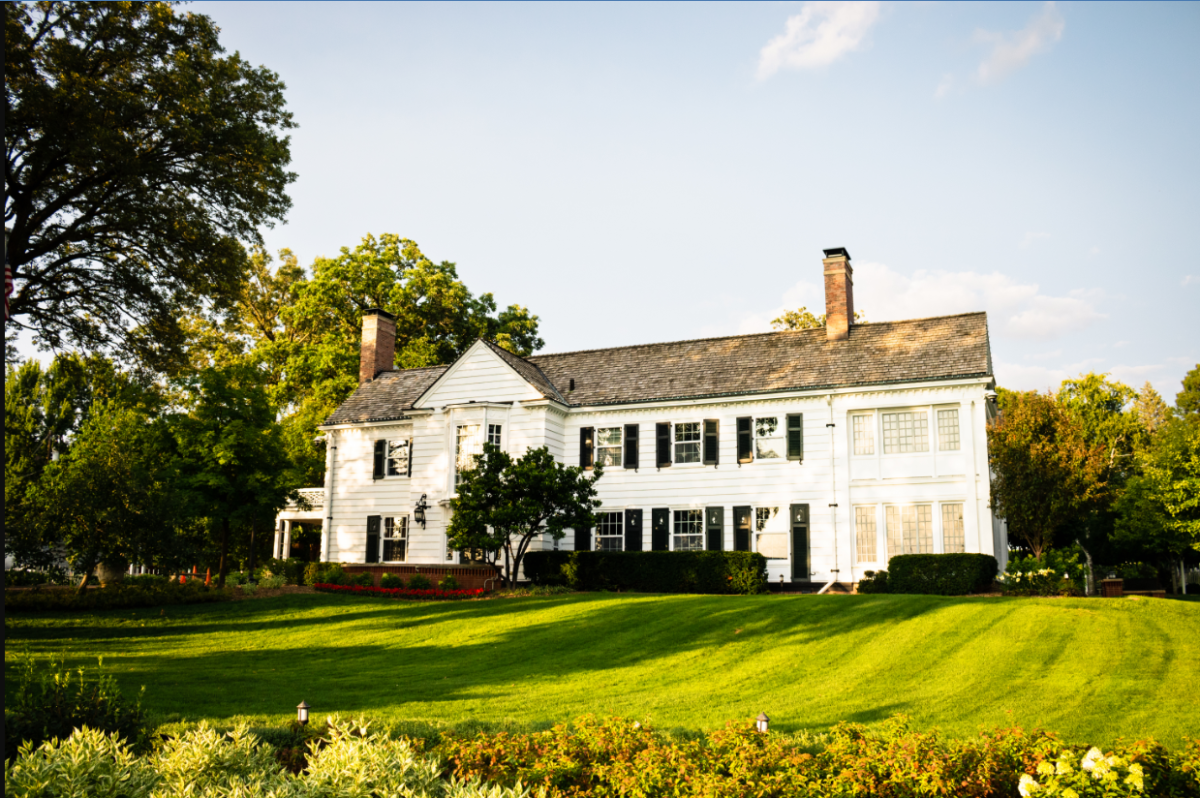

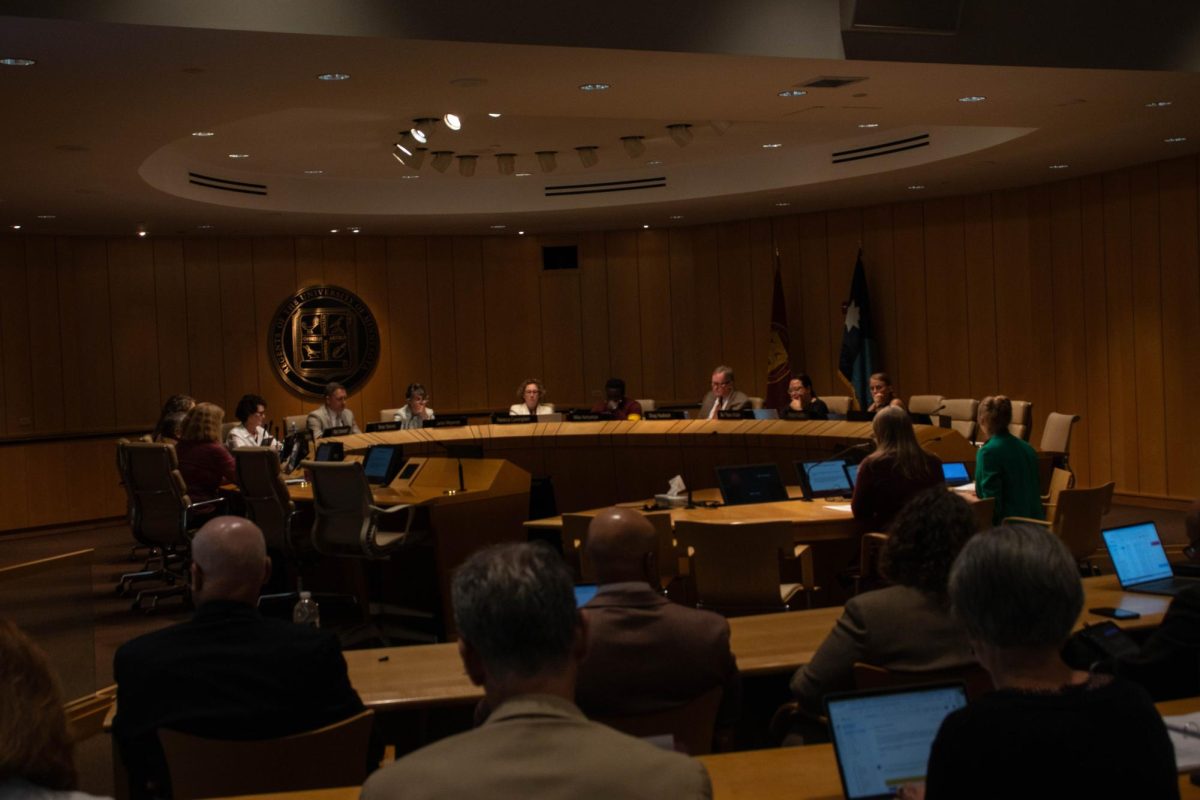

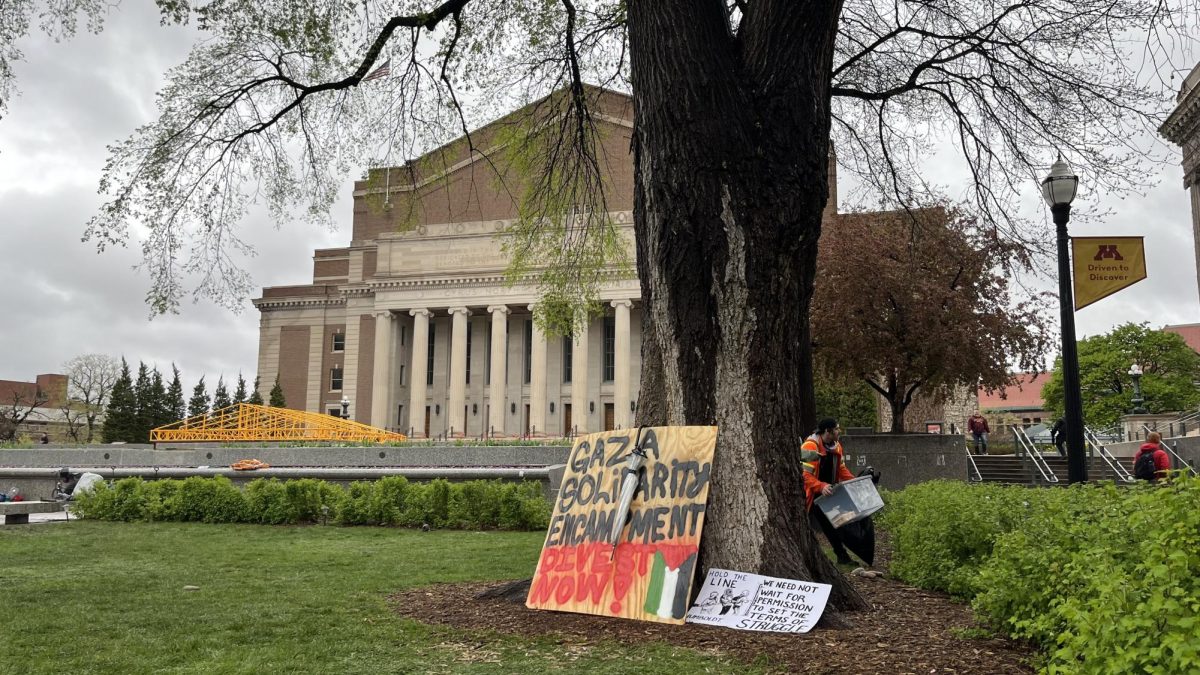
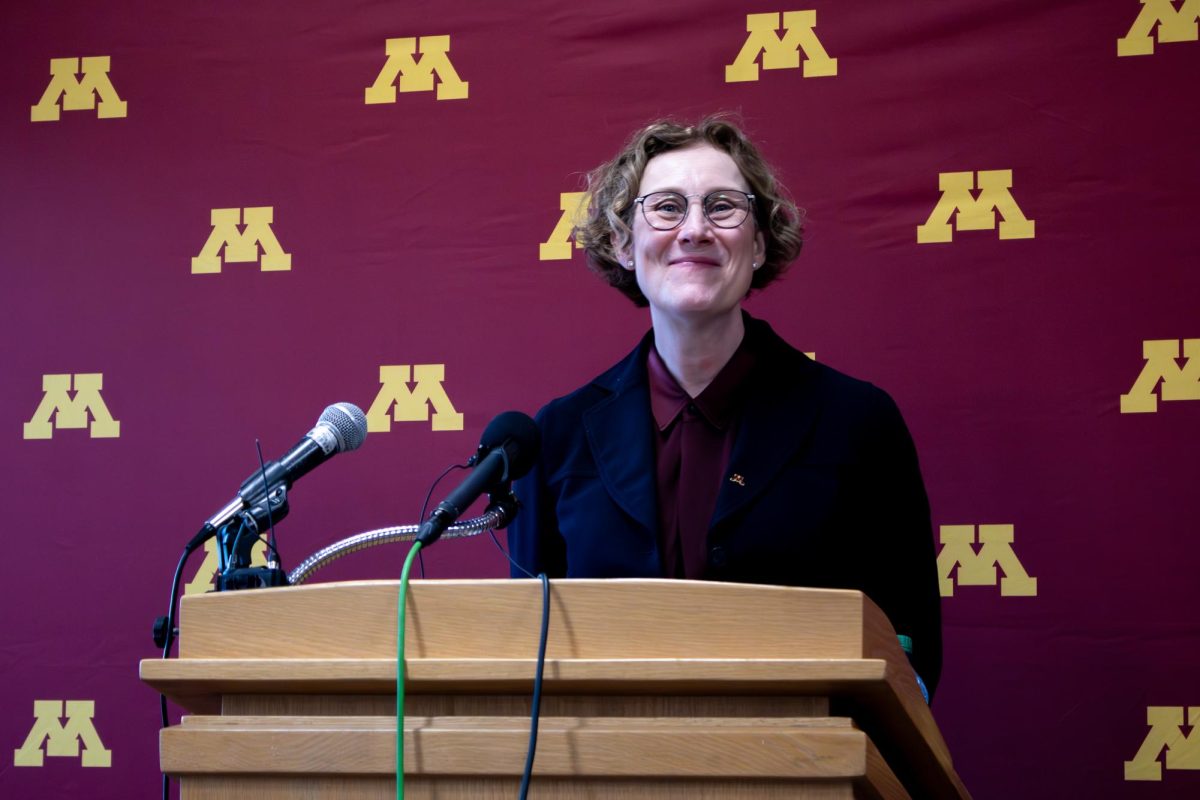
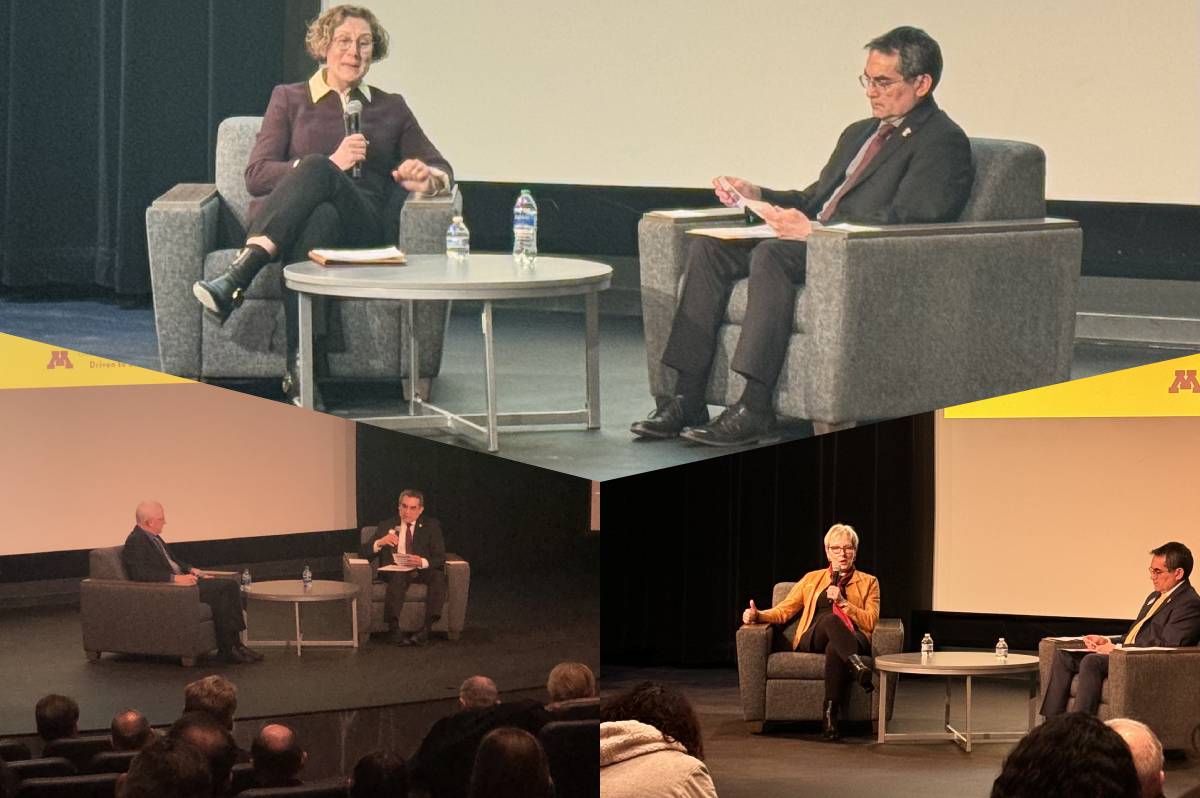
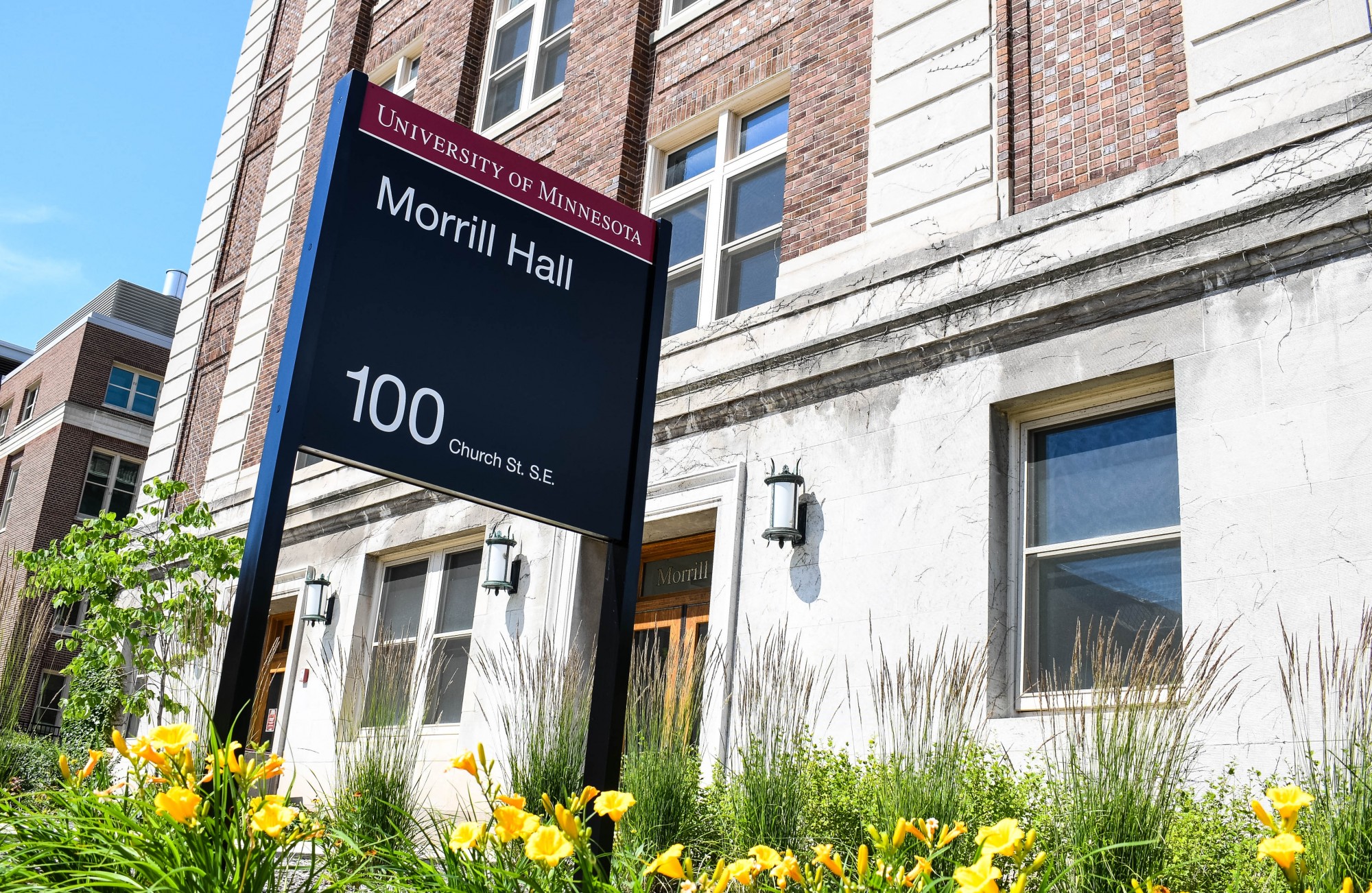
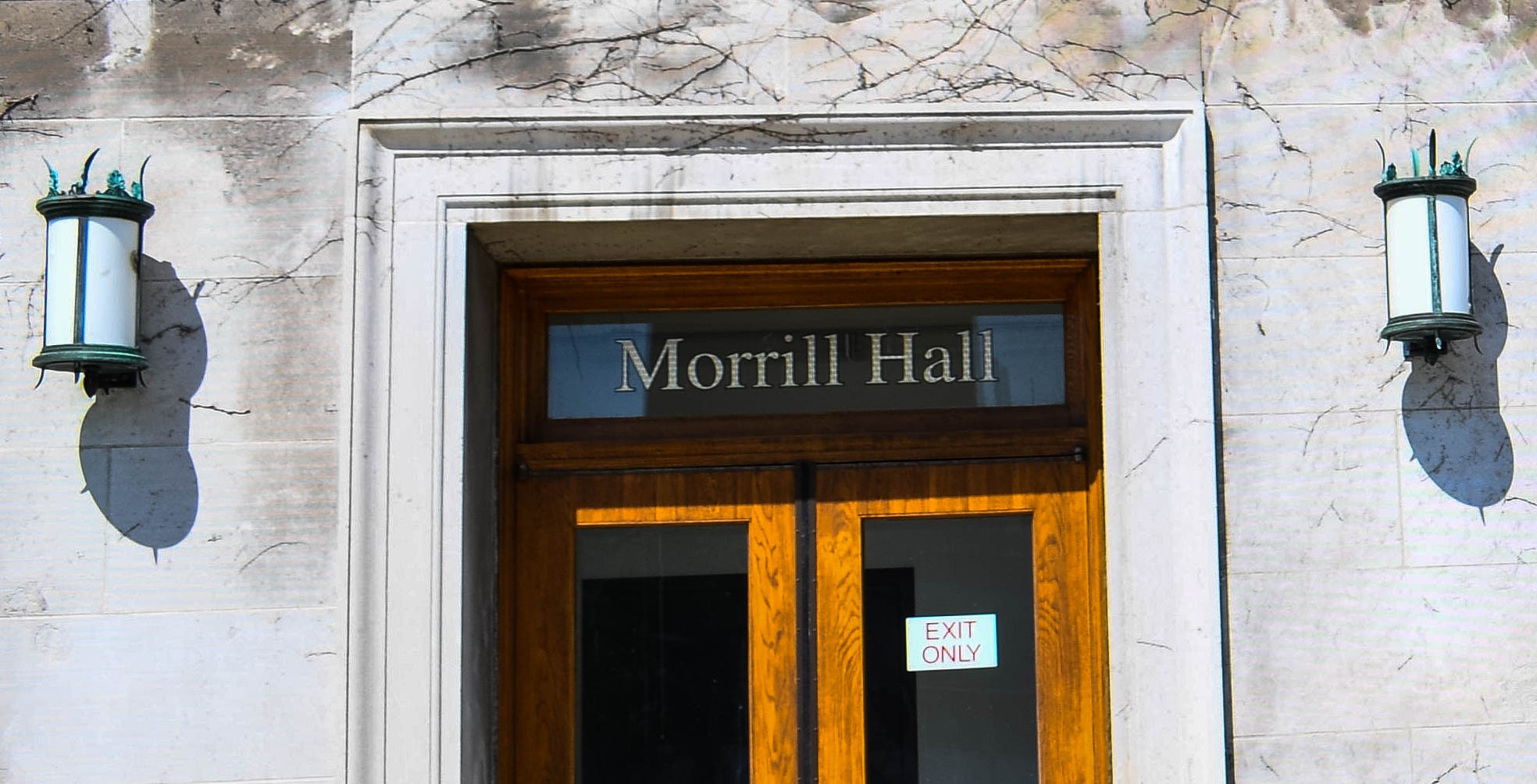


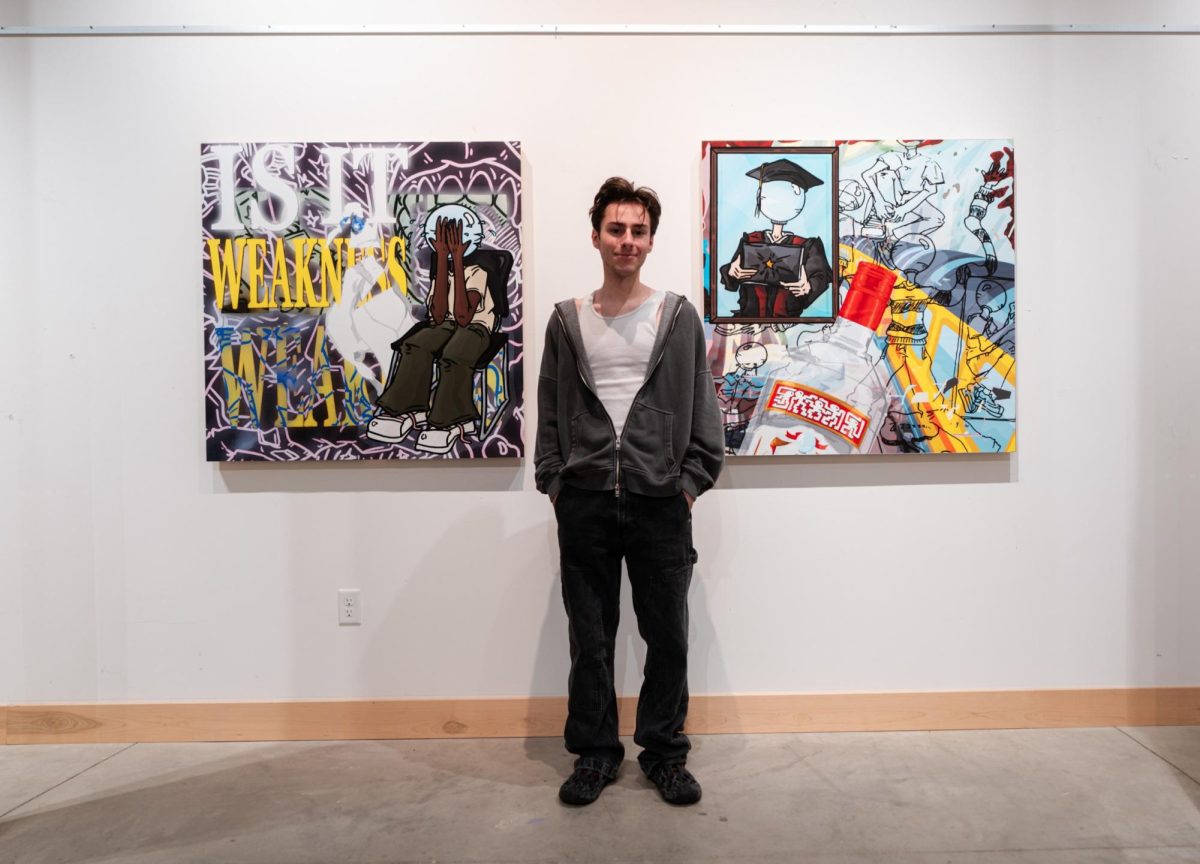
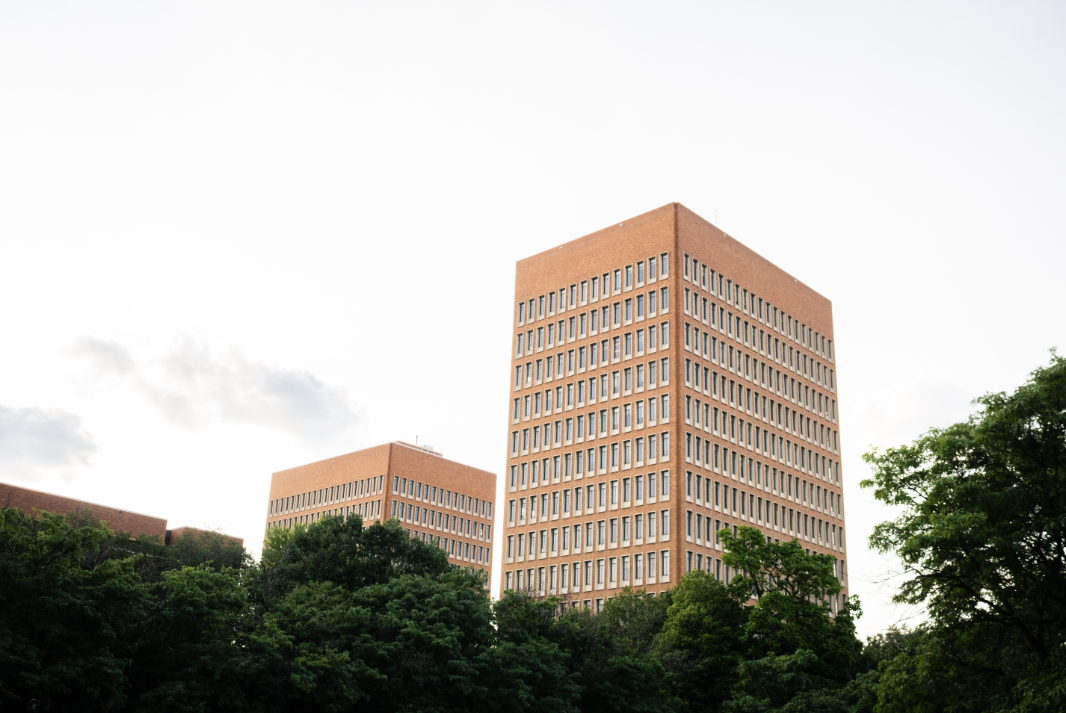
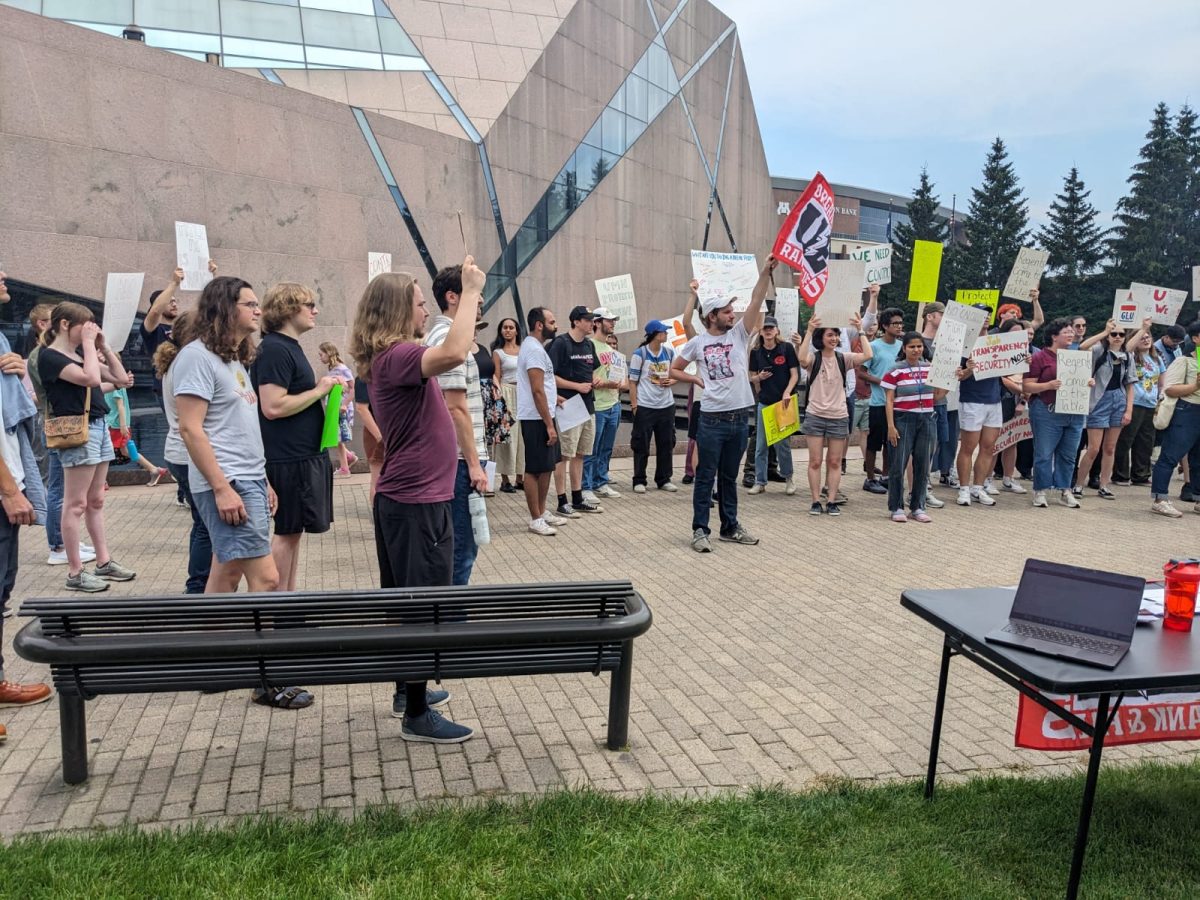


Angie Hoffmann Walter
Jan 23, 2024 at 1:35 pm
When there is a shooting threat whether the students are in session or not, there are still many others who come to campus to work, make deliveries, and in addition the Mpls campus is in the middle of transit and bus routes. Also there are patients who have scheduled appointments and/or surgeries in both the medical and dental areas of campus. Critical decision making really needs to take place at all levels when there is a threat on campus.